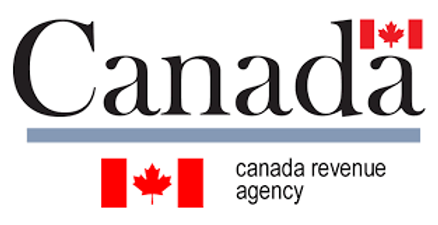Key points from Canada’s budget
-
As announced by Finance Minister Chrystia Freeland, the deficit for the fiscal year ending March 31 grew to $43 billion, exceeding the $36.4 billion forecast in November’s budget update.
-
New spending is set to target the healthcare system, clean-technology incentives, and inflation relief for low-income Canadians.
-
Federal debt as a portion of gross domestic product is expected to rise to 43.5% in the fiscal year beginning April 1.
Key points for small business:
Another federal budget has been announced but what’s in it for you as a small business owner? Here are some highlights. It’s always important to consult with a financial professional for more information.
-
The Canadian Federation of Independent Business states the biggest win for small business owners is the deal reached with Visa and Mastercard to reduce credit card fees.
-
The CFIB is also pleased to see that there are no projected increases to EI and CPP in the near future.
-
The Small Business Innovation and Growth Fund have been created to provide funding for small businesses for research and development and to assist in growing operations.
-
Canada Emergency Business Account (CEBA) has been extended until the end of 2023. Check the website for more information.
-
The budget includes a hiring credit for small businesses that hire new employees. This credit is available for businesses with less than $20 million in annual revenue. The tax credit is up to $1000 per new employee, up to a maximum of $100,000 per business.
-
For small businesses involved in the trades, tradespeople will benefit from a $1000 deduction for tool expenses.




